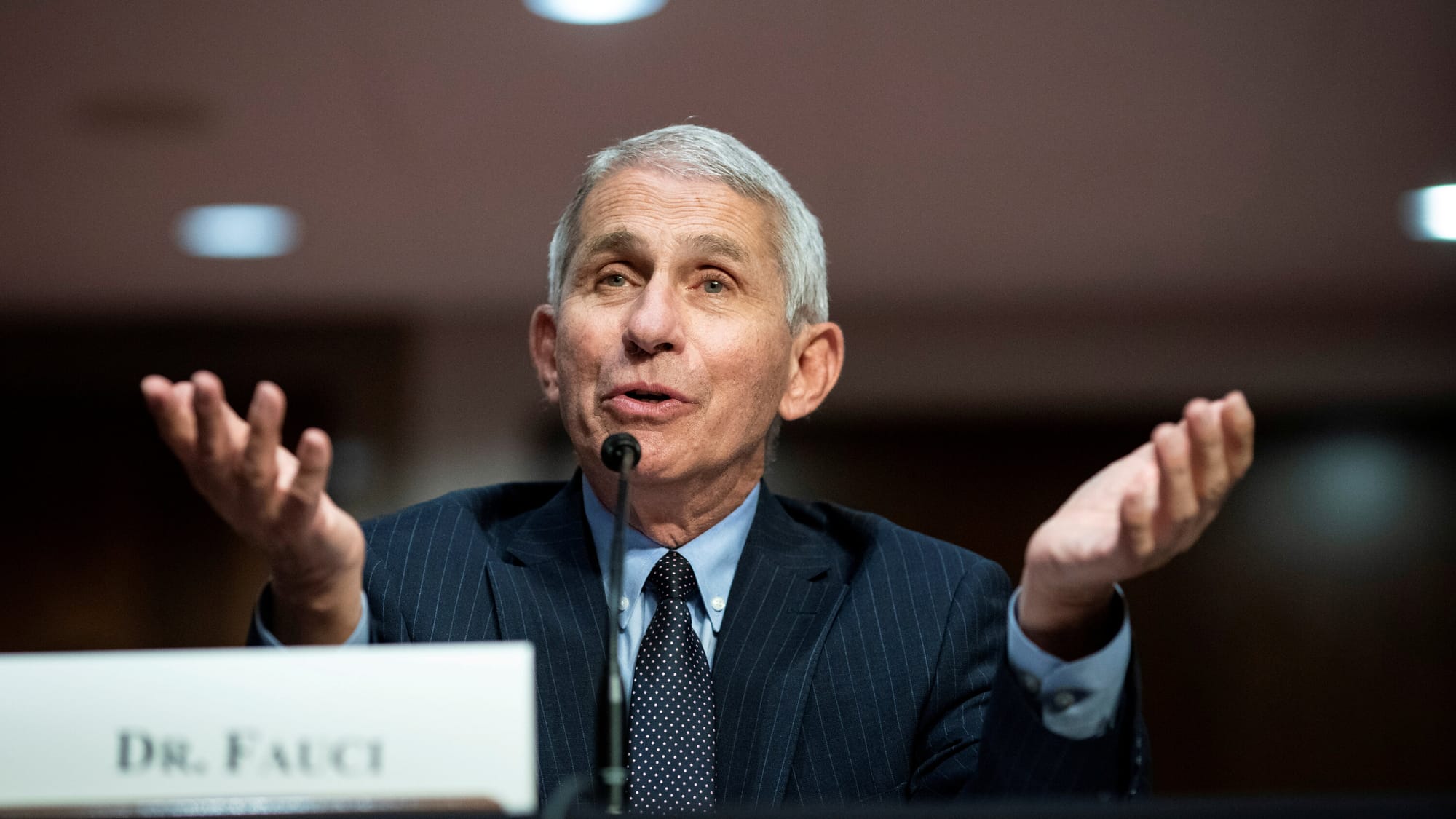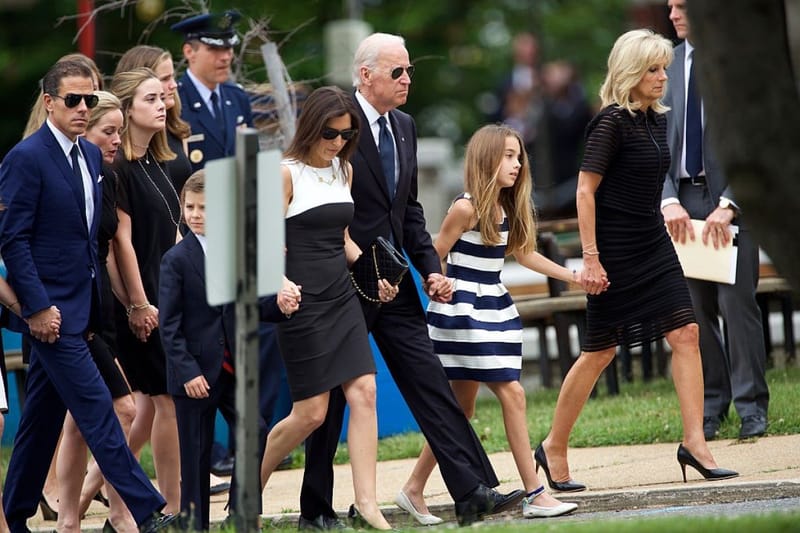Biden Administration Debates Preemptive Pardons for Fauci, Cheney, and Schiff Amid Trump Retribution Fears
White House Mulls Legal Safeguards in Response to Potential Trump Retaliation Washington, D.C. - December 4, 2024 The Biden White House is currently mired in a contentious debate over the potential issuance of preemptive pardons for several notable figures who have been vocal critics or political adversaries of former
White House Mulls Legal Safeguards in Response to Potential Trump Retaliation
Washington, D.C. - December 4, 2024 The Biden White House is currently mired in a contentious debate over the potential issuance of preemptive pardons for several notable figures who have been vocal critics or political adversaries of former President Donald Trump. According to insiders, the names under consideration include Dr. Anthony Fauci, former Representative Liz Cheney, and Senator-elect Adam Schiff.
A Shield Against Political Retribution?
The discussions come at a time when President Joe Biden has already stirred controversy with the pardon of his son, Hunter Biden. With Donald Trump set to reassume office in January 2025, aides within the Biden administration are reportedly concerned about the incoming administration's approach to legal accountability for those perceived as enemies.
Anthony Fauci, the former head of the National Institute of Allergy and Infectious Diseases, became a focal point of criticism from the right during the COVID-19 pandemic. His potential inclusion on the pardon list reflects fears of Trump targeting him for his role in public health policy decisions.
Liz Cheney, once a Republican but now an independent figure known for her criticism of Trump, especially in the context of the January 6th Capitol attack, might also be in Trump's crosshairs. Trump has publicly stated that Cheney and other members of the January 6th Committee should face legal consequences.
Senator-elect Adam Schiff, who played a significant role in Trump's first impeachment, has been mentioned as well. Despite his involvement in legal and political battles against Trump, Schiff has voiced his opposition to receiving a preemptive pardon, labeling it as "defensive and unnecessary."
Ethical and Political Quandary
The idea of issuing pardons for those who have not been charged with any crime raises ethical questions about the use of presidential pardon powers. Critics argue that such actions could imply guilt or suggest a lack of faith in the judicial system's integrity. However, proponents within the Biden administration and among some Democrats believe these pardons are necessary to prevent what they describe as politically motivated prosecutions.
White House Counsel Ed Siskel and Chief of Staff Jeff Zients have been leading these discussions, with President Biden not yet directly involved, focusing instead on the fallout from his son's pardon. The administration is walking a tightrope, balancing between the desire to protect officials from perceived political vendettas and the risk of appearing to undermine legal accountability.
Congressional Reactions
While some senior Democrats have privately supported the idea, public statements from figures like Senator Ed Markey have invoked the precedent of Gerald Ford's pardon of Richard Nixon, suggesting that it might be necessary for national unity. However, the debate within Congress remains mixed, with some lawmakers wary of the long-term implications of such pardons on the rule of law.
The Political Chessboard
This potential move by Biden is seen by some as a strategic counter to what could be a politically charged environment when Trump returns. The decision could set a precedent for how future administrations handle political adversaries, especially in a deeply polarized political climate.
As discussions continue, the Biden administration faces the challenge of navigating through these perilous waters, ensuring the protection of democratic norms while addressing the legitimate concerns of potential political retribution.




